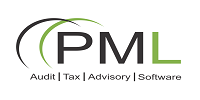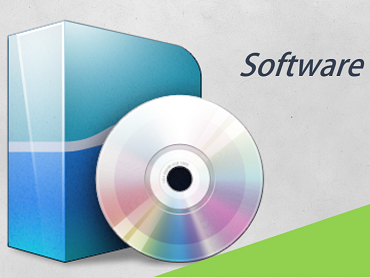SAGE Accounting

In today’s global economy, the demand for businesses to operate sustainably has never been higher. Stakeholders, from investors to consumers, are increasingly holding organizations accountable for their environmental, social, and governance (ESG) practices. This has given rise to sustainability audits—a systematic process for evaluating an organization's performance across these critical dimensions.
What Are Sustainability Audits?
Sustainability audits involve a comprehensive evaluation of a company’s social, environmental, economic, and governance practices. They assess whether organizations are operating in ways that minimize harm to the environment, benefit society, and uphold ethical governance.
Key components of sustainability audits include:
1. Environmental Assessment: Examining impacts such as energy consumption, greenhouse gas emissions, water usage, and waste management.
2. Social Assessment: Evaluating labour practices, human rights adherence, community engagement, and product safety.
3. Economic Assessment: Analysing financial stability, supply chain efficiency, and economic contributions to communities.
4. Governance and Management Assessment: Reviewing governance structures, leadership accountability, transparency, and stakeholder engagement practices.
The Benefits of Sustainability Audits
Sustainability audits offer a range of benefits that make them invaluable for businesses:
1. Improved Transparency and Accountability: Audits enable organizations to demonstrate their commitment to sustainability and maintain open communication with stakeholders.
2. Risk Management: Identifying and addressing sustainability risks helps companies avoid reputational damage, regulatory penalties, and financial losses.
3. Cost Savings: Implementing sustainable practices can lead to significant cost reductions through energy efficiency, waste reduction, and streamlined supply chains.
4. Enhanced Reputation and Brand Value: Organizations that prioritize sustainability often enjoy increased trust and loyalty from customers, employees, and investors.
5. Regulatory and Standards Compliance: Sustainability audits help businesses meet the requirements of global frameworks such as the Global Reporting Initiative (GRI) and the Sustainability Accounting Standards Board (SASB).
Types of Sustainability Audits
Sustainability audits are not one-size-fits-all. Depending on organizational goals, audits can take several forms:
1. Internal Sustainability Audit: Conducted by an organization’s internal team to evaluate and improve sustainability performance.
2. External Sustainability Audit: Performed by independent third-party auditors to provide objective assurance on ESG performance and reporting.
3. Certification Audits: Focused on verifying compliance with recognized standards, such as ISO 14001 for environmental management or ISO 26000 for social responsibility.
The Rising Need for ESG Auditing Expertise
As the pressure mounts on businesses to provide credible ESG disclosures, the role of sustainability auditors has become pivotal. Beyond compliance, sustainability audits empower organizations to lead with integrity and make informed decisions that benefit all stakeholders. Businesses that proactively embrace this approach not only ensure their longevity but also contribute meaningfully to a sustainable future.
In conclusion, sustainability audits are more than a regulatory requirement—they are a strategic tool for building resilient, ethical, and forward-thinking organizations. With the growing importance of ESG, the expertise of sustainability auditors is poised to remain an essential asset in driving responsible business practices.



